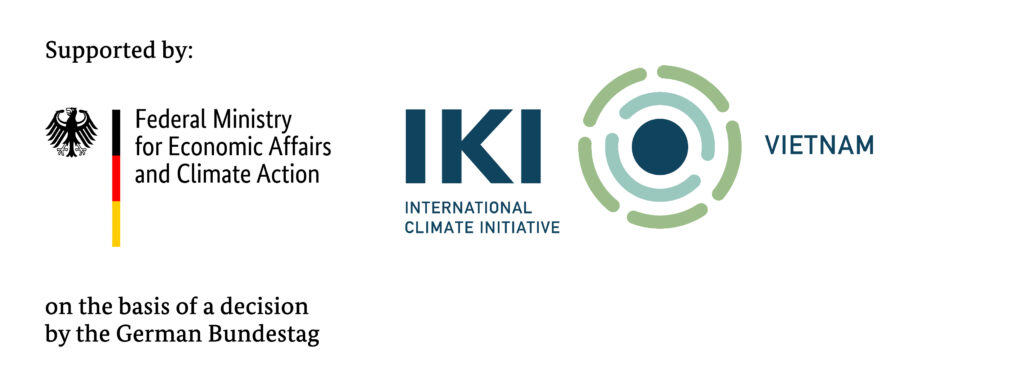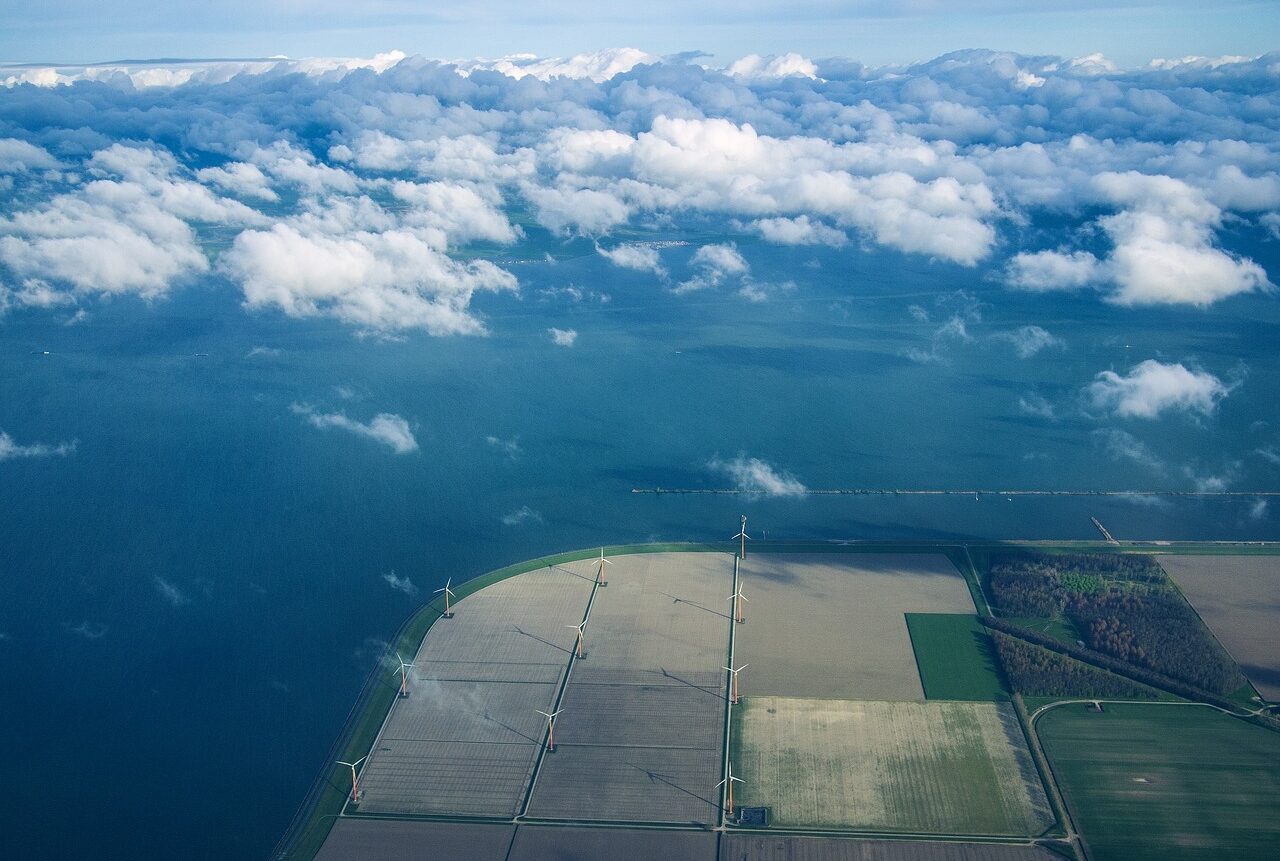On 17 November 2020, Vietnam’s National Assembly passed the revised Law on Environmental Protection. It will take effect on 1 January 2022. The Law not only strengthens legal aspects in regard to environmental pollution and degradation, but overall pursues a green, low-carbon economy towards achieving the country’s 2030 sustainable development goals. It provides a legal basis to Vietnam’s commitments to greenhouse gas emission reductions under the Paris Agreement on climate change, and legalises an emission trading scheme. Also, it paves the way for the country to further tap its significant renewable energy potential, and to switch to a low-carbon development model in the post-COVID-19 recovery era.
The IKI-funded SIPA project has provided technical advice to MONRE for the revision of the Climate Change Chapter in the amended LEP, to better match requirements resulting from the international climate change framework (click here for further information).
In specific, the law stipulates that the government will establish a carbon emission trading scheme that suits the local context and complies with international requirements. Details such as targets, timelines and regulated industries will be specified later in a government decree. By adopting carbon pricing, Vietnam will strengthen its position to reap additional benefits from free trade with the European Union. Further, the law legalises enabling policies such as national greenhouse gas emission inventories, and the monitoring, reporting and verification of emissions.
Following the successful revision of the Law, the Deputy Prime Minister requested the Ministry of Natural Resources and Environment to continue reviewing the draft National Strategy for Environmental Protection to 2030, with a vision to 2050, to ensure compliance with the amended Law on Environmental Protection just passed by the National Assembly. This includes the sectoral planning, aligning related strategies (including the draft Strategy on Natural Resources and Environment Sector Development), and to proactively work with relevant ministries and agencies to agree on the criteria for monitoring and evaluating the results of environmental protection.





